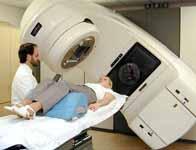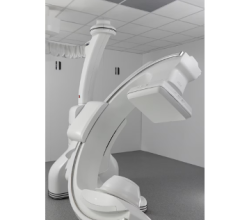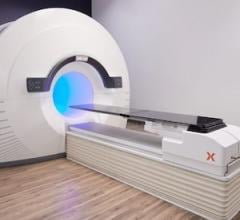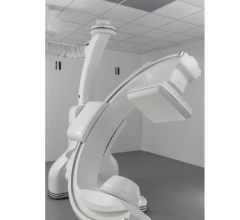
June 17, 2010 – A report on physician self-referral released earlier this week by the Medicare Payment Advisory Commission (MedPAC) is already receiving positive feedback from some medical professionals. The American Society for Radiation Oncology (ASTRO) is commending MedPAC for highlighting concerns about physician self-referral in cancer care in its report to Congress “Aligning Incentives in Medicare.” ASTRO is also urging the commission to make recommendations to Congress to end abuses of the physician self-referral law in radiation oncology enabled by the “in-office ancillary services exception.”
“We are very pleased that key federal policymakers are fully aware of the ever-expanding schemes that are being used to generate profit at the expense of American taxpayers and cancer patients,” said Tim R. Williams, M.D., ASTRO chairman. “We appreciate the considerable effort that MedPAC and others are dedicating to examine these abuses, and we are confident that this hard work will pay off in sound policies that protect cancer patients and precious health care resources.”
In a statement released this week, ASTRO said it is wrong to create business enterprises centered on rewarding physicians for making referrals, yet there are increasing numbers of business ventures across the country designed to generate additional revenues within a group practice by incorporating radiation therapy. ASTRO believes these arrangements erode patient choice and can result in dramatic increases in one form of radiation therapy for prostate cancer, while the use of other clinically appropriate, significantly less expensive treatments, such as radiation seed implants or even “watchful waiting,” have declined or disappeared. This may lead to unnecessary Medicare spending.
In its report, MedPAC noted that many physicians have expanded their practices in recent years to include radiation therapy and other services included in the ancillary services exception to the physician self-referral law, or Stark law. MedPAC said physician self-referral of services in the exception creates incentives to increase volume. MedPAC also noted that the exception was intended for “quick turnaround” services, such as lab tests or X-rays, provided during the same office visit. MedPAC acknowledged that radiation oncology involves multiple sessions and is rarely initiated on the same day as a cancer diagnosis. Rather, it takes several weeks to plan and then deliver radiation therapy.
MedPAC said it is considering several policy recommendations for changes in self-referral of radiation therapy, such as excluding radiation therapy from the exception, limiting the exception to “clinical integrated” practices and improving payment accuracy.
The statement from ASTRO expressed appreciation of MedPAC’s recognition of the problems of self-referral in radiation oncology. ASTRO agrees that the preferred long-term solution is to develop payment systems that reward quality over volume, and supports MedPAC’s approach to find a more immediate solution that addresses self-referral. ASTRO’s position is that radiation therapy should be removed from the Stark law’s exception and ASTRO is interested in working with MedPAC, the Centers for Medicare and Medicaid Services and Congress on the proposed option to require group practices to demonstrate “clinical integration” to be able to provide radiation therapy through the Stark law exception.
For more information: www.astro.org or www.medpac.gov


 February 23, 2026
February 23, 2026 









